The Post-Pandemic Sales Outlook Looks Good Despite Current Struggles
The pandemic isn’t over. But a good chunk of the United States is returning to normal, and at some point, the pandemic will peter out in the rest of the world.
How long that takes is anyone’s guess. And beyond the pay grade of anyone who contributes words to this hallowed site. But we can hazard a guess as to how post-pandemic car sales, perhaps with some assistance from an analyst.
Bugatti Merges With EV Hyper Car Maker Rimac, and That's a Good Thing
We reported last fall how Volkswagen-owned Bugatti had its future products on hold, given the financially turbulent and awful year which was 2020. In addition to the global pandemic cutting production, sales, profits, and everything else, VW was pouring lots of development money into its I.D. electric vehicle lineup.
At the time, there were mumblings that EV startup Rimac was in talks to purchase the brand from VW. News broke yesterday of a merger, where Volkswagen and Porsche are not entirely out of the picture.
Where Your Author Investigates Some Online Car Buying Services
Given the constant hassles of Volkswagen Golf ownership lately, and how every media outlet is shouting “Highest Used Car Pricing Ever” as loudly as possible, I’ve been pondering selling the Golf to a dealer. No Facebook idiots, no trade-in for something else, just a sale.
Here in The Current Year, there are many companies that purport to give you both the best deal possible and make the car selling process seamless. I found out this week what five such companies are like in the early stages.
Biden's EV Strategy is More Stick Than Carrot
There are competing philosophies when it comes to shifting the market to electric vehicles.
There’s the free-market philosophy, which says the market will get there on its own. There’s the incentive philosophy, which suggests incentivizing consumers will accelerate the transition away from the internal combustion engine. Consider that one to be the carrot approach.
Finally, we have the philosophy that if regulations don’t force automakers to make more EVs, they won’t, at least not quickly enough to address climate change. The free market and/or incentives won’t be enough. Consider this to be the stick.
Guess which philosophy President Joe Biden seems to be embracing?
Are Speed Limiters Coming to American Cars?
Carscoops is reminding us that a law passed in 2019 is mandating that new cars introduced after 2022 must be fitted with speed limiters.
Here’s the good news, at least for us Yanks and Canucks — the law was passed by the European Union and applies to, well, Europe.
How Long Are Vehicle Prices Going To Remain Insane?
With just about every resource trading at unappealing premiums, now may not be the time to make any major purchases unless you’re a financial masochist or so wealthy that the normal rules of living no longer apply. But it remains a seller’s market for just about everyone, including the plebian masses. Giant, unaccountable financial institutions will happily purchase your home and there’s a sea of disenfranchised people who will give you their last dollar if you can help them make sense of an increasingly hectic world. In the automotive sphere, we’ve seen dealerships and rental agencies hungrily scooping up secondhand automobiles for unheard-of prices just so they’ll have something on the lot.
The end result is a lot of overpriced merchandise that larger businesses are desperate to buy so they can pass on their elevated expenses to the customer. We’ve already covered the stupidly high prices surveyed consumers claimed they’d be willing to spend on a new vehicle. But there have been numerous reports claiming those days are coming to an end, with just as many suggesting we’re still in the thick of it. Yours truly has been wondering just how close to reality those assertions happen to be.
Tesla Sued Over Supercharging Fees, Broken Promises
Tesla is being sued in California by an owner that’s claiming the automaker broke its promise of a lifetime of free charging after it started imposing fees upon people who allowed their cars to sit at stations for too long. For those of you that don’t recall, Tesla began rolling out its Supercharger network in 2012 and promised unlimited free charging as a way to entice early adopters. While it doesn’t pertain to all vehicles and has existed in various incarnations, gratis electricity was available on most properly equipped Model S and Model X purchased by 2016. But the deal has existed in various incarnations through 2020 and has been confusing customers almost as much as the apparently bogus self-driving suite.
As the brand became more popular, you’d start seeing Tesla owners populating Supercharging stations in greater numbers and chattering about their interests. Unfortunately, those extended diatribes on the merits of TEDx and spending a fortune on minimalist interior home design resulted in stations being occupied but going unused. To discourage this Tesla began imposing fines in 2016, noting that it hoped never to make money on the updated arrangement.
Stellantis Plots More Factory Downtime, Ford Loses Tech Chief
Stellantis plans to extend the typical summer downtime at a couple assembly plants while relaunching production at Windsor Assembly next month. The Canadian van factory will be see two shifts returning on July 5th, while its Belvidere Assembly Plant in Illinois and Toluca Assembly Plant in Mexico will be idled due to the ongoing semiconductor shortage. This has become a common tactic within the automotive industry, with our doubting it’ll be the last occasion we’ll be reporting on extended summer vacations.
Meanwhile, Ford Motor Co. appears to have lost its technology chief to Amazon. Ken Washington was hired into Blue Oval after a stint with Lockeed Martin in 2014 and will be leaving the automaker next month to become vice president of software engineering for the tech giant.
Audi Transitioning Solely to EVs Doesn't Include Chinese Market
Volkswagen Group has been prattling on about electrification for years and ultimately decided that Audi would be the tip of its progressive spear. The brand has cachet as both a luxury and performance division, while simultaneously possessing VW’s magical ability to produce vehicles that don’t become an eyesore after you’ve had them in the garage for a decade.
While transitioning toward EVs runs the risk of spoiling that, Audi is clearly the VW property best positioned to come after would-be Tesla customers and is not hesitant to issue reminders that it’s serious about being a global leader when it comes to battery-driven vehicles. On Tuesday, the Ingolstadt-based company announced plans to exclusively launch electrically driven automobiles from 2026 onward — adding that it doesn’t even plan on selling internal-combustion vehicles by 2033.
But these rules won’t apply to the Chinese market, which will be flush with internal-combustion vehicles produced within its borders years after the rest of the world has apparently lost the option to purchase them.
Emerald-Colored Glasses: Just How Green Are EVs?
As the resident sourpuss, I make it my business to complain about every industrial hypocrisy that crosses my path and the automotive sector has kept me so busy that there’s hardly any time left to address my own failings. Though I do have to confess that I sometimes feel guilty about how frequently I’m compelled to gripe about electric vehicles. Provided that you’re willing to work with their charging limitations and less-than-impressive ranges, EVs have a lot to offer even in their current state. But the way they’ve been marketed has been so consistently disingenuous that I often end my days on the cusp of a frustration-induced aneurysm.
The winds appear to be changing, however.
After years of watching the industry bang its head against the wall, the media seems prepared to shift its position. Accelerated adoption of pure electrics doesn’t seem to be happening and too many EV startups have ended up being little more than an opportunity for investors to throw away money. Increasingly fewer people ask me about battery-powered cars in a way that suggests true enthusiasm. Excitement has given way to dubiousness as more people have begun to ponder if electrics are really all they’re cracked up to be.
Subaru Getting Super Screwed By Semiconductor Shortage
The global semiconductor shortage has been particularly hard on Western automakers, though it’s not been peaches and cream for Asian brands. Following news that Nissan had run into issues resulting in additional downtime this summer, we’ve learned that Subaru is currently operating with a scant, nine-day supply of product and will be required to conduct more plant closures due to a lack of chips.
Having already stalled its Yajima plant on multiple occasions, as well enacting work stoppages at Subaru of Indiana Automotive (its U.S. facility), this is hardly where the brand wanted to find itself going into the warmer months. On Friday, Subaru announced it would be idling two plants in Japan’s Gunma prefecture this July.
GM Increases Investment Into Electrification, Stellantis Promises Four New EVs
There is plenty of electrification news this week, despite the brunt of consumers remaining seemingly disinterested in the automotive segment that’s entirely dependent upon batteries. General Motors recently announced that it would be increasing its EV investments through 2025 to $35 billion, noting that some amount of the funding will also be going toward autonomous vehicle development.
Meanwhile, Stellantis confirmed that it’s planning a quartet of battery-driven automobiles offering more utility than the pint-sized Fiat 500e. Those vehicles aren’t supposed to see assembly until 2024 and there are lingering questions about where the firm plans on building battery plants. But the UILM union has confirmed that the upcoming models are likely to be midsized and built at the company’s Melfi plant in Italy.
Chip Shortage Encourages Nissan to Idle U.S. Facilities Again
Rumor has it that the semiconductor shortage is going to be leaving Nissan facilities operating in North America to contend with a difficult summer. This issue appears to have been largely unavoidable but it’s hardly the position a manufacturer hoping to launch a comeback tour wanted to find itself occupying.
But, before we make this look like some failing on the part of Nissan, let’s take a look down memory lane to see some of the other companies that were negatively impacted by the chip shortage this year.
Report: GM Needs More Manpower, UAW Suggests It Stop Drug Testing
Flint Truck Assembly is the only standing reminder of General Motors’ formerly impressive commitment to Genesee County, Michigan. Other representations include a myriad of crumbling factories that were closed decades ago and the area’s preponderance of vintage, high-mileage Buicks retained out of utility after the employment situation turned sour. Saying that the region has fallen upon hard times would be a grotesque understatement.
But that doesn’t mean there still aren’t still automotive jobs to be had. Despite GM reducing its Flint workforce from roughly 80,000 in the mid-1970s to fewer than 10,000 in 2010, the truck plant is still operational and reportedly looking for 450 temp workers to help fill in scheduling gaps for the 5,100 union-represented staffers it currently employs. Unfortunately, it’s been having trouble finding enough bodies, though the UAW has a solution. It believes that General Motors should stop drug testing, especially now that Michigan has legalized recreational marijuana use.
The Great Used Car Buyup of 2021
With automakers having a difficult time keeping production schedules thanks to COVID restrictions nuking demand and upending supply chains, 2021 arrived with plenty of problems. Desperate to replenish fleets they had sold off while everyone was locked indoors, rental agencies went on a used car buying spree. But it wasn’t just rental fleets that needed to be restocked, dealerships are also finding themselves with fewer models on the lot than they’re accustomed to — which is a bad position to be in when surveys have revealed consumers are now willing to pay stupidly high prices for automobiles.
They’re reportedly going to great lengths to acquire used cars as the great buyup of 2021 continues.
Return of the Apple Car: Almost There or Vaporware?
After years of restarting and then killing its electric vehicle program, Apple has again signaled that it’s once again serious about developing something for your driveway. Ulrich Kranz, former Canoo CEO and brains behind the BMW i-cars, has reportedly been picked up by the company for its automotive team.
Apple has yet to verify the hire and Kranz hasn’t updated his LinkedIn profile. But there have been multiple reports that he’s been been taken aboard specifically for his EV expertise. Unless social networking platforms are becoming passé (fingers crossed), it’s likely that the tech company wanted to wait until it could make an official announcement accompanied by an update on development.
That’s assuming Apple is still doing a car, however.
Senate Approves Bill Injecting Cash Into Semiconductor Industry
Apologies for all the semiconductor news. But it’s the topic of the day, with the United States Senate recently approving $52 billion in emergency spending to help bolster domestic chip production and another $190 billion for R&D programs.
Passing the vote (68-32) under the premise that boosting localized chip production would help prevent domestic automakers from having to cut corners, the Senate is also suggesting the funding could give the U.S. a competitive advantage against China. The Communist Party of China (CCP) has opposed the U.S. Innovation and Competition Act (formerly the Endless Frontier Act), with statements released from the National People’s Congress (NPC) demanding the legislation be halted immediately.
Recycling EV Batteries Might Soon Become Booming Domestic Industry
Having covered the White House’s incredibly expansive and costly infrastructure plan, specifically as it pertains to transitioning the entire nation toward alternative energy vehicles, we’ve often found ourselves asking questions. Puzzlers include wondering whether or not consumers actually want this change and how can we possibly expect to pay for this when we’ve already starting conjuring money out of thin air for other government programs. We don’t even know where we’re supposed to get the rare-earth minerals necessary for production when mining them is heavily regulated in the United States and hardly an endeavor that would be considered kind to the natural landscape.
Last week proved that we weren’t entirely alone in pondering how all of this greenification is supposed to work.
Used Car Prices Have Increased 30 Percent
We’ve been covering the staggering increase of automobile pricing all year, starting with the second-hand surge created by rental industries sucking up used models to replace all the vehicles they dumped during the pandemic. A year of suppressed demand and prolonged restrictions absolutely crippled supply chains and placed the automotive sector in an extremely difficult position going into 2021. We wish we could say things were improving but the most heartening news we’ve come across was the possibility that select manufacturers might soon have a line on semiconductor chips — hopefully encouraging new vehicle production.
But the used market is still heading into uncharted waters. According to data collected by CarGurus, the typical price for a used automobile increased by about 30 percent against this time last year. Though more worrying is how much of that spike is consolidated within the last 90 days.
Will Tesla Expand in China, Or Head the Export Route?
What does the future hold for Tesla in China? Expansion, or exports?
That’s the question being asked by an Automotive News story today.
General Motors to Increase Truck Shipments Soon
A statement from General Motors suggests the chip shortage that has crippled vehicle production may be easing.
GM has said in a statement that it plans to increase Chevrolet Silverado and GMC Sierra production by about 1,000 trucks a month, starting in mid-July.
Senate Finance Committee Approves $12,500 EV Tax Credit Bill
On Wednesday, the Senate Finance Committee advanced the Clean Energy for America Act making a few tweaks from earlier proposals. Changes include raising the federal EV tax rebate ceiling to $12,500 and opening the door for automakers who already exhausted their production quotas.
It’s good news for General Motors, which recently begged the government for just such a handout. But any manufacturer participating in the sale of electric vehicles will find themselves similarly blessed by the updated rules — assuming they make it through the halls of Capitol Hill with the necessary support.
Let’s take a peek behind the curtain to see what the updated proposal entails.
Rare Rides: The 2021 Rolls-Royce Boat Tail, for Luxury Picnic Enjoyment
Rolls-Royce unveiled a Rare Ride today, marking the first time we’re featuring a car in this series on the day of its release. Ultra-luxurious, it’s intended to showcase its owner’s wealth, exclusivity, and picnic planning skills.
Guyton New Mazda North American Ops President
Appointed Mazda North American Operations (NAO) president and CEO, Jeff Guyton replaces Masahiro Moro effective June 24th. Recalled to Hiroshima, Moro becomes the newly-minted Chief Communications Officer.
Guyton’s oversight includes North America, Canada, Columbia, and Mexico, along with US and Mexican vehicle production.
VW Group Shoots Down $9 Billion Lamborghini Bid
Lamborghini has changed hands more than a few times since it was founded as a way to show up Ferrari in 1963. It’s currently owned by Volkswagen Group, which recently made it clear that it has no intention of selling the brand.
The Anglo-Swiss Quantum Group reportedly made an offer to buy the raging bull from VW for an appetizing €7.5 billion ($9.16 billion USD), including a five-year deal where it would continue sourcing parts from Audi — as there’s basically no way around it without nuking the present lineup. The proposal was made earlier in the month with Volkswagen Group giving the newly established holding company a prompt no.
New Communicators at Audi and Hyundai
Audi’s Emilie Cotter
Hyundai and Audi both filled high-level communications posts this week. Audi promoted Emilie Cotter, while at Hyundai Sarah Fullwood arrived devoid of automotive experience.
FTC Exploring Consumer Repair Rights Expansion
The Federal Trade Commission (FTC) has identified numerous repair restrictions in a new report to Congress. Parts replacement difficulty and parts availability limitations were among the restrictions.
Assisting in expanding repair options available to consumers is within the agency’s power. The Commission works with lawmakers on the state or federal level to provide choices when consumers repairs.
Ford Launches Blue Advantage Used Car Buying Experience
Last quarter Ford launched its new Blue Advantage used car buying service, in an attempt to turn clicks into sales for its Ford dealers. Ford promises an excellent experience on its Blue Advantage cars, and the service includes cars from other marques. Dealers have signed up in droves.
BorgWarner's ETurbo Powers High-Voltage Hybrids
BorgWarner’s eTurbo will power the high-voltage hybrid vehicle of an undisclosed major European OEM. BorgWarner’s electric boosting technology increases engine efficiency and performance while meeting emissions regulations. This will be the first application of its electrically-assisted turbocharger in a high-voltage hybrid.
Toyota Financial Results for 2021 Revealed
Last week, Toyota financial results for the fiscal year that ended March 31st were announced. Vehicle sales totaled 7,646,000, a decrease of 1,309,000 units, or a little less than 15 percent compared to the previous fiscal year.
Net revenue was $256.7 billion, an 8.8 percent decrease. Operating income decreased from $22.6 billion to $20.7 billion, while income before taxes amounted to $27.6 billion. Net income was up from $19.2 billion to $21.1 billion.
President Biden Goes Truckin' With Ford
There are lots of pros to being the president of the United States. There are also many cons. To me, two of the biggest drawbacks would be the ever-present threat of assassination and having to give up driving forever.
Well, the current commander-in-chief is a car guy, and President Joe Biden reminded us of his automotive bona fides while giving Ford a nice PR boost. He did so by toolin’ around in a truck.
More specifically, the upcoming Ford F-150 Lightning.
Stellantis Brand Executives Must Prove Their Worth, CEO Gives Deadline
According to a tweet this morning, Stellantis CEO Carlos Tavares is giving the company’s top brass at each brand a decade to justify their existence. Suddenly, it’s easy to picture some nervous auto executives dotted around the globe.
Report: Tesla Won't Be Buying More Land in Shanghai
Tesla has reportedly canceled plans to expand its Shanghai plant. The electric vehicle manufacturer originally intended to make a land purchase and create a global exportation center for its products. But tensions between China and the United States have persisted, making any vehicles shipped to our market substantially less profitable for the company.
Automobiles exported from China are currently subject to a 25-percent tariff issued under the Trump administration as retaliation for the Chinese Communist Party’s heavy restrictions on foreign manufacturers. While Tesla is one of the only companies in existence that isn’t subject to China’s mandatory joint venture, resulting in a factory it wholly owns, the firm would still be subject to tariffs on every vehicle shipped to the U.S. and has recently endured a campaign of negative publicity in the region. China seems suddenly less friendly toward Tesla and it’s responding with the maximum amount of caution.
General Motors Asks Government to Change Rules on EV Tax Credits
General Motors is asking the federal government to reset the federal EV tax credit system, effectively requesting a personal favor. As one of the first manufacturers to get an electric vehicle to market that people actually wanted to buy, GM hit the 200,000 cumulative EV sales cap in 2018. While customers could still get money back through April of 2020, the automaker exhausted its allotment of $7,500 subsidies before most of its rivals.
Now it wants to see the government press the reset button on the program under a pretext of fairness. GM executives are claiming that companies investing in electrification shouldn’t be handicapped by not getting additional money from taxpayers. It seems anything but fair, frankly. Though it should be said that all-electric models have a poor track record in terms of profitability. The Chevrolet Bolt certainly didn’t make any money, however, GM CEO Mary Barra has said new versions of the model will be capable of turning a profit.
Polaris Renews Its Leadership
Polaris today affirmed the appointments of a new CEO and CFO, both of whom had been serving in interim roles since January. The manufacturer of motorcycles, off-road vehicles, and boats named Michael Speetzen as CEO, and Bob Mack as CFO.
Chicago Auto Show Set to Return in July
The 2020 Chicago Auto Show was, as far this author knows, the last major auto show to take place before COVID shut the world down.
Now, it might be the first auto show to return.
Semiconductor Shortage By the Numbers, Looks Bad
The global shortage of semiconductor chips has really done a number on the industry and it’s just one of several major supplier issues created by our response to the pandemic. Years from now, people will look back and use the benefit of hindsight to come up with the perfect solution to a problem that has since evaporated. But all we can manage in the present is an up-to-date tally on how much product is being lost and wait for better news.
AutoForecast Solutions (AFS) has been keeping tabs on the situation and recently updated its numbers through the week of April 30th. Production schedules in North America are now reportedly 121,000 vehicles shy of where they’re supposed to be. Though we need to pull back and take a gander at what the whole industry was facing ahead of the latest figures to have a more complete understanding of this particularly dire automotive quagmire.
Chip Shortage Forces Ford Into Inventory Shortage
If you want to buy a Ford, you might have to hurry.
The microchip shortage could leave at least some Ford dealers short on inventory until perhaps August, according to Automotive News.
Vehicle Miles Traveled On The Rise Again
In March, vehicle miles traveled (VMT) rebounded to pre-pandemic levels. According to the Auto Care Association, this was the first month since August 2019 that VMT topped 300 million miles. To give you some perspective, the distance between the earth and the moon is only 238,856 miles, according to Wikipedia.
UAW Annoyed With GM's Mexican EVs
General Motors has decided its fifth electric vehicle facility should be in Mexico and has set aside $1 billion for its complex in Ramos Arizpe, Coahuila, Mexico. While a portion of the funds will go toward a new paint shop, the manufacturer also said the money would be used to prepare the site for EV and battery production, angering the United Auto Workers (UAW).
“This is a slap in the face for not only UAW members and their families,” stated UAW Vice President Terry Dittes. “General Motors automobiles made in Mexico are sold in the United States and should be made right here, employing American workers.”
Faraday Future Amazingly Still Active
Faraday Future hasn’t been making many headlines of late. But it remains an active business entity, surprisingly enough. On Thursday, it announced it had selected Velodyne Lidar Inc. as the exclusive supplier for the sensing/mapping hardware that’s going into its flagship FF91 EV.
Faraday’s missteps have been so frequent and gargantuan, that it would be impossible to give the abridged history without still wasting a large portion of your day. We’ll spare you from that and allow interested parties to dig through older articles about factory snafus, secret management structures, faked prototypes, development setbacks, bankruptcy, and more. The only thing you need to remember is that it is genuinely miraculous that FF still exists as a company – almost like it’s a testament to the utter ridiculousness of some tech startups – that continues to believe it will someday manufacture an electric car.
Auto Lobby Now Recommends Driver Monitoring Cameras
On Tuesday, the largest automotive lobbying group released a handful of safety guidelines related to driver monitoring for vehicles equipped with driver-assistance features. It’s pageantry designed to convince you and the rest of the world to embrace technologies that have already led to unsettling privacy violations. The Alliance for Automotive Innovation making recommendations for the industry is farcical because the AAI already represents just about every major player on the field, suppliers included. The only real outsider is Tesla, which the organization decided would make an excellent scapegoat for the broader tech agenda.
But there’s still merit to the discussion, especially if the only proposed solution is to let the industry watch us inside our cars 24/7.
Rental Car Demand Pushes Hawaiian Tourists Toward U-Haul
With car rentals crippled through 2020 as society collectively stopped traveling in response to the pandemic, businesses entered 2021 with the perfect excuse to charge exorbitant fees to lend out some of the cheapest vehicles on the market. Cities have it particularly bad as rental firms find themselves with a surplus of locals wanting to escape and not enough vehicles to serve them. Daily rates now surpass three figures in metropolitan areas and can balloon by hundreds more if a customer wants to return the vehicle out of state (depending on the agency).
However, Hawaii is where things start to get really weird. The islands are reportedly in such short supply of rental cars that tourists are borrowing U-Hauls, where the biggest concerns of mileage and finding a parking space pale in comparison to the upfront cost of something more typical of vacationing families.
Stellantis Staffers Charged With Conspiracy to Cheat Emissions Tests, Defraud Customers
Federal prosecutors Tuesday unsealed new criminal charges that named several Stellantis (formerly Fiat Chrysler Automobiles) officials accused of conspiring to cheat U.S. emissions tests and defraud customers buying their diesel-powered products. The indictment was opened in the Eastern District of Michigan, identifying FCA diesel senior manager Emanuele Palma (42) and two Italian nationals employed by FCA Italy SpA — Sergio Pasini (43) of Ferrera and Gianluca Sabbioni (55) of Sala Bolognese.
Palma had been charged previously and becomes a co-conspirator in the alleged plot to develop a 3.0-liter diesel engine used in FCA vehicles that could flummox emissions tests allowing the automaker to sell vehicles that did not adhere to government regulations. The motor started appearing inside engine bays in 2014, including popular models like the Ram 1500 and Jeep Grand Cherokee.
Another Takata Airbag Tragedy
American Honda and the National Highway Traffic Safety Administration (NHTSA) confirmed that a defective Takata airbag inflator ruptured in the crash of a 2002 Honda Accord on January 9th in Lancaster County, South Carolina. The ruptured inflator led to the driver’s death.
Chip Shortage Forcing Daimler to Stall Production
In today’s update on the semiconductor shortage, we learn that Daimler has elected to place over 18,000 Mercedes-Benz employees on reduced schedules. With an insufficient number of chips, the manufacturer cannot produce vehicles with sufficient reliability and has decided to ease off until resupplies are more predictable. Unfortunately, that’s unlikely to happen for at least a few months — forcing Mercedes to roll with the punches much like Subaru, General Motors, and Ford. Though this is a problem that’s impacting the entirety of the automotive industry.
Daimler made its announcement on Wednesday, stating that facilities in Bremen and Rastatt will be the first (and hopefully only) plants affected by the stall.
Rental Car Companies Reeling From Uptick in Travelers
Rental car companies are their own worst enemies, having sold off much of their fleets during the pandemic’s height. With travel restrictions easing in many places they find themselves with no inventory.
Matchbox Moves Towards 100% Recycled Materials
Matchbox is headed towards 100 percent recycled, recyclable, or bio-based materials by 2030. Is this the end of die-cast cars as we know them?
2022 Honda Civic Unmasked, Previews Cleaner Look
Here’s your first official look at the 2022 Honda Civic.
And like a kid getting to open one Christmas present a little early, that’s it, that’s all you get. You’ll have to wait two whole weeks to get the rest.
Report: Ford to Build Standalone Bronco Stores
If you have Bronco on the brain, you may find yourself buying one from a store that stands separate from your local Ford dealer.
Toyota's Akio Toyoda Chosen 2021 World Car Person of the Year
Selected 2021 World Car Awards Person of the Year was Akio Toyoda, Toyota Motor Corporation (TMC) president and CEO.
In Memoriam: The Rolls-Royce-Bentley Six and Three-Quarter Litre V8
Today we bid a belated farewell to a legend of an engine, the Six and Three-Quarter Litre V8. In production since 1959 at the factory in Crewe, The L-series V8 had several different displacements and powered many different luxury vehicles. And some boats.
Chinese Auto Sales Reportedly Rebounding Robustly
The China Association of Automobile Manufacturers (CAAM) is reporting its home market grew 74.9 percent in March, resulting in nearly 2.53 million new-vehicle deliveries. While we’re often skeptical of the organization’s rosy predictions and tallies, it’s claiming the recent sales surge is the direct result of how bad things had been in the previous year. China instituted some of the most aggressive lockdown protocols of any nation in the initial stages of the pandemic and had already been struggling with a declining vehicle market in 2019.
CAAM is making no illusions about the gains being based on anything other than how horrible March of 2020 was and doesn’t want to overpromise moving ahead. It’s a warning that the semiconductor shortage will likely worsen as the year continues, dampening Q2 projections. But the organization has not yet revised its forecast for next year’s overall sales. Last December, CAMM predicted roughly 26.3 million vehicles would be delivered by the end of 2021 and appears to be running with that target.
Supreme Court Allows Auto Aftermarket to Access APIs
The Supreme Court ruled on April 5th in the Google v. Oracle case, a copyright dispute over software. Their decision was that application program interfaces (API) are fair use in building compatible components.
2021 Ford Explorer Enthusiast ST – More For Less
The 2021 Ford Explorer Enthusiast ST has the same 3.0-liter, 400 horsepower EcoBoost engine, with 415 lb-ft of torque, just like the Explorer ST. What it also has is a lower starting price, $49,995.
Pandemic Changes Car Buying Plans, Or Has It?
The pandemic has changed car buying plans for nearly three out of four shoppers who intended to buy in the next six months. New research from Comscore Automotive Data Mart, cited in a story today by Auto Remarketing, indicated the pandemic tops the concerns of four out of ten who had intended to buy.
Jeep Is Thrilled With 15,000 Japanese Customers
American automotive brands have never really caught on with the typical Japanese consumer. While we’ve done numerous dives trying to understand why the gist is that our tastes don’t typically overlap and they generally prefer to buy domestic. Foreign marques are comparatively rare, frequently German, and are generally owned by those looking to flex their status with an imported luxury vehicle.
U.S. brands that were on the market began retreating as they began pulling smaller automobiles from their lineup. But Jeep has stuck it in there and things are reportedly beginning to pay off. The automaker’s distinctive styling seems to be resonating with people in Asia and it’s really the only historically American nameplate that’s managed to find an audience in the Land of the Rising Sun.
Auto Industry Requests U.S. Government Help With Chip Shortage
The Alliance for Auto Innovation (AAI) is hard at work begging the federal government for help while the world continues coping with the semiconductor chip shortage, though it’s hardly the first time the industry has asked for or received administrative assistance. With pandemic lockdowns throwing global supply chains into a tailspin, U.S President Joe Biden said his administration would be seeking $37 billion and new legislation to address the chip shortage while federal agencies were directed to see what could be done in the interim.
But there’s little to be done with the brunt of the relevant manufacturing taking place in Asia, hence the AAI lobby requesting U.S. Commerce Department set aside some cash for domestic chip production in a new bill.
There's Even More to the Voltswagen/Volkswagen Story [UPDATED]
While giving my opinion last week on the Volkswagen April Fool’s Day scandal, I wrote that I hope it would be the last time I posted about it.
Cue Ron White voice: “I was wrong.”
Subprime Auto Market Looking Extra Rough in 2021
The subprime auto market looks to be in poor health as the number of borrowers with outstanding loans that are more than 60 days overdue continues increasing. While the number has a tendency to rise and fall between seasons, the general trend toward indebtedness has been going up since 2015, with increasingly more customers boasting lackluster credit scores becoming incapable of footing their transportation bill.
Delinquencies skyrocketed in 2020, as government lockdowns pushed many out of work and now appear to be increasing due to a recovery plan that primarily seems to be serving cooperate interests and the wealthiest socioeconomic classes. Though it should be said that middle and lower-class families had been losing ground for decades, at least according to the latest Pew Research data. Pandemic-related complications only served to accelerate the existing financial disparities on all fronts. We are now on course for poorer people to have even less money moving forward, especially in the world’s most developed countries.
I wonder why so many people are defaulting on their car loans…




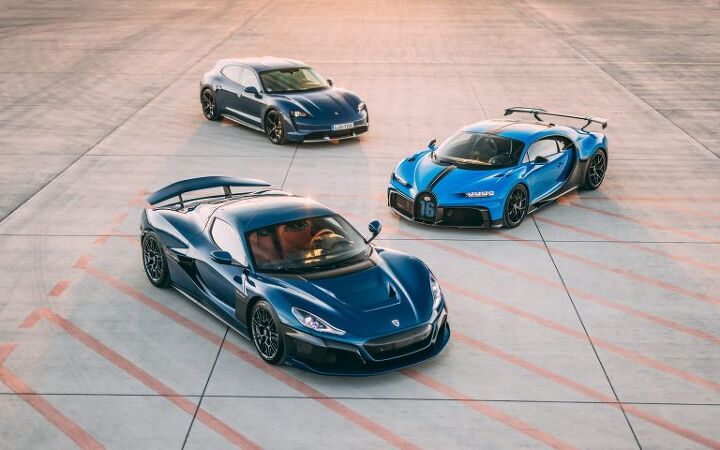
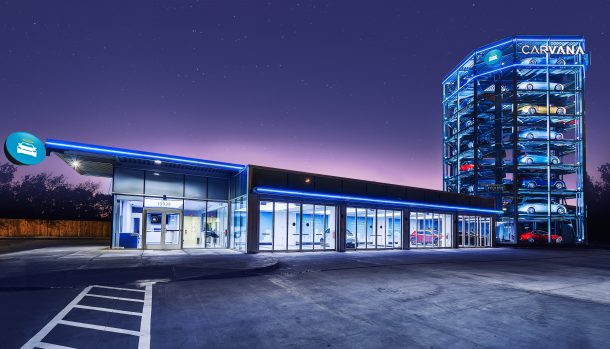
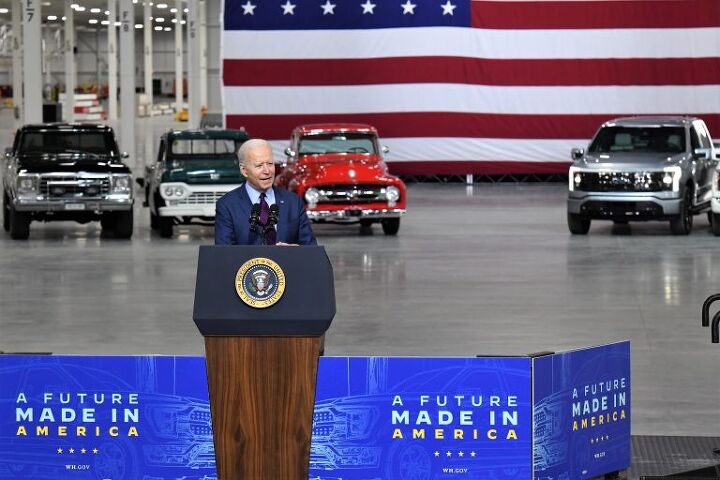



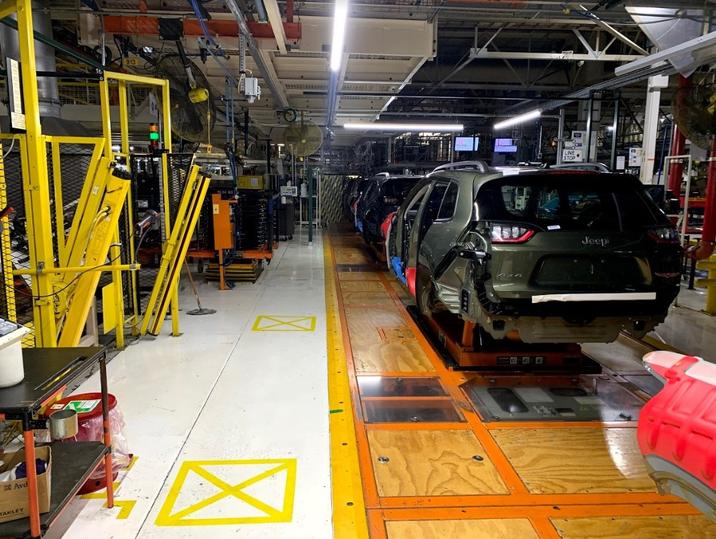

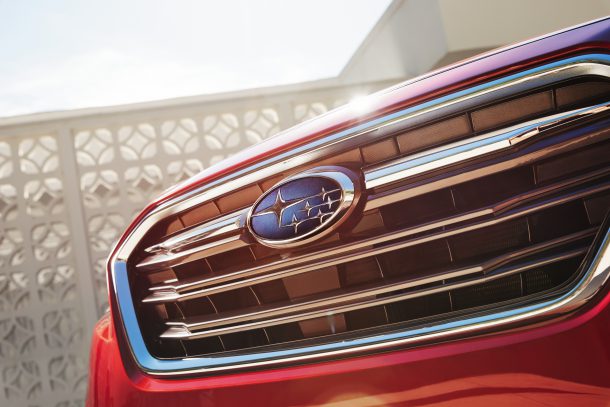

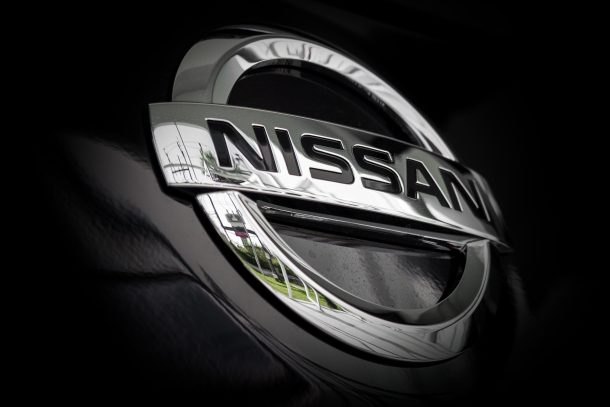
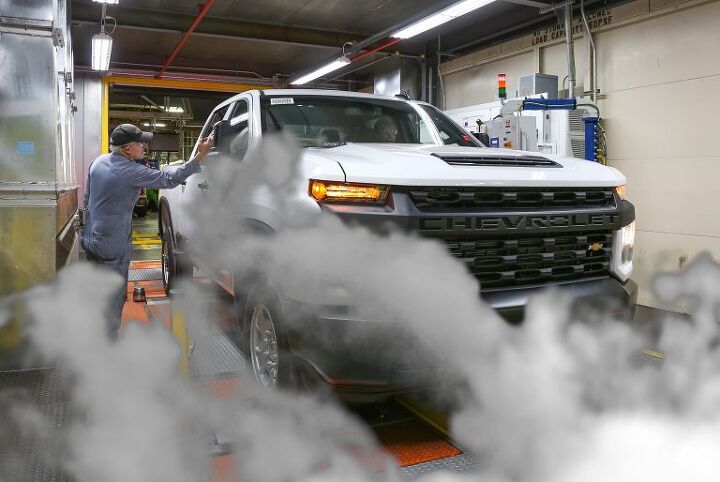

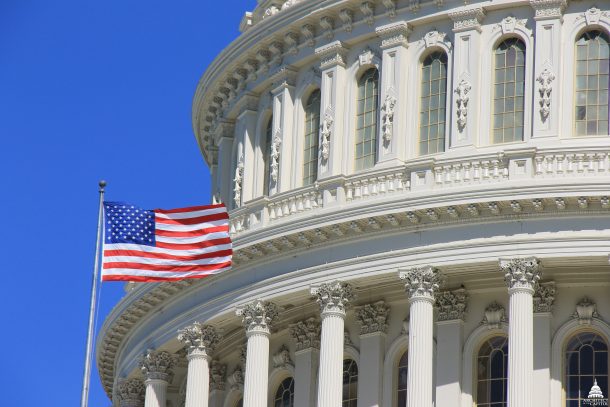
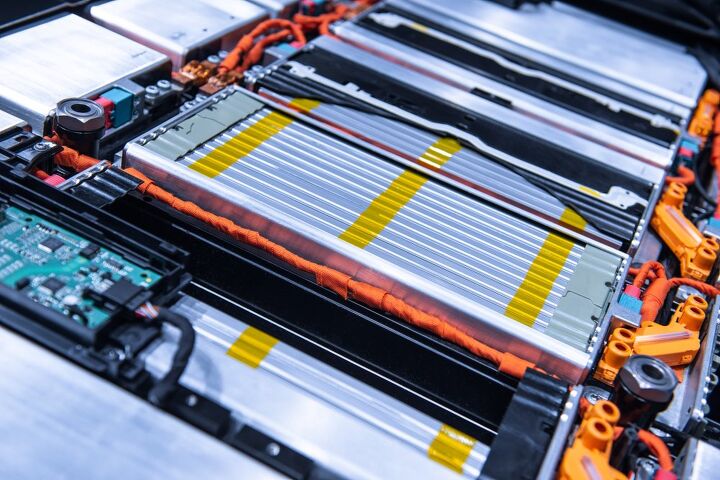
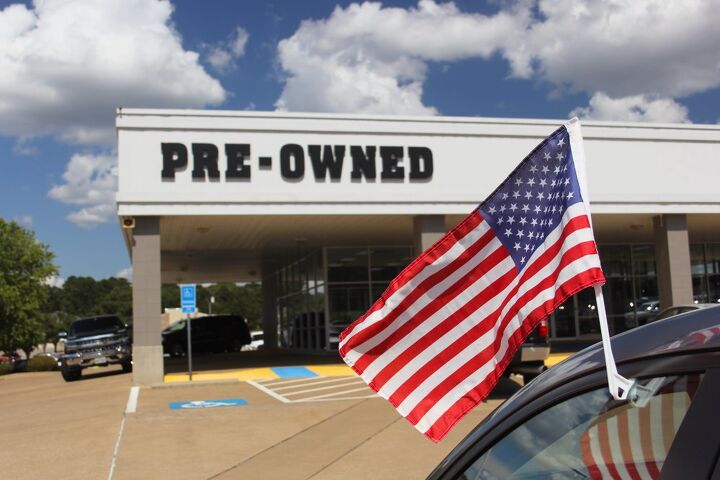
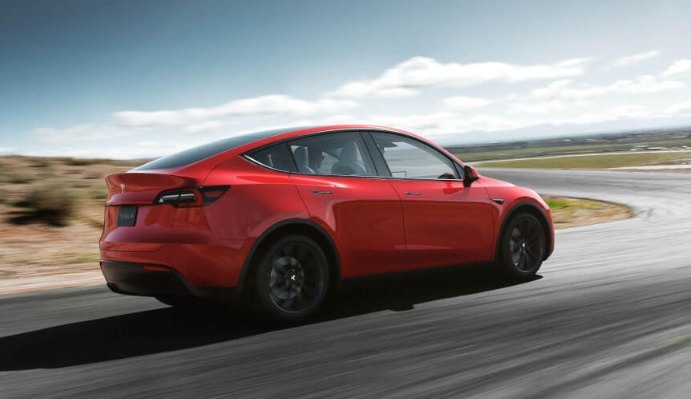


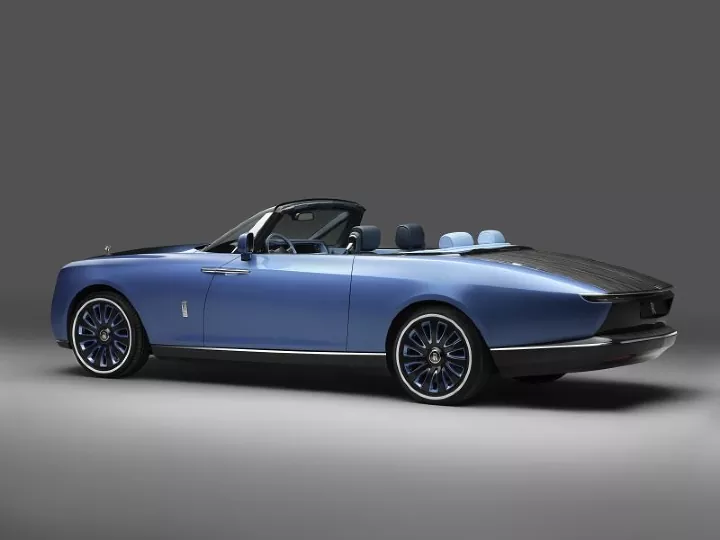



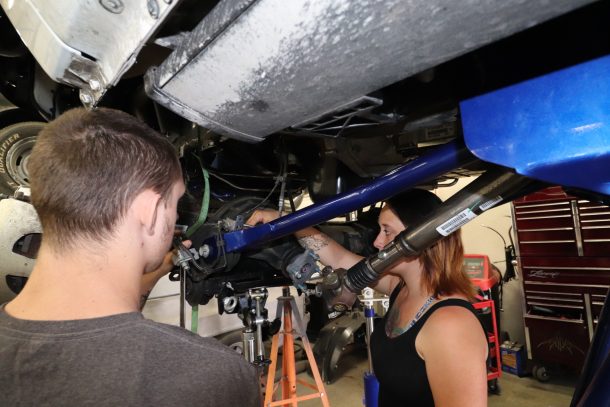
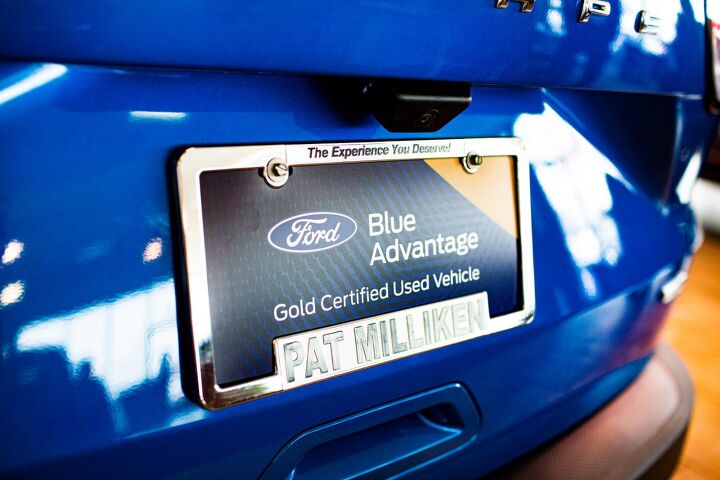
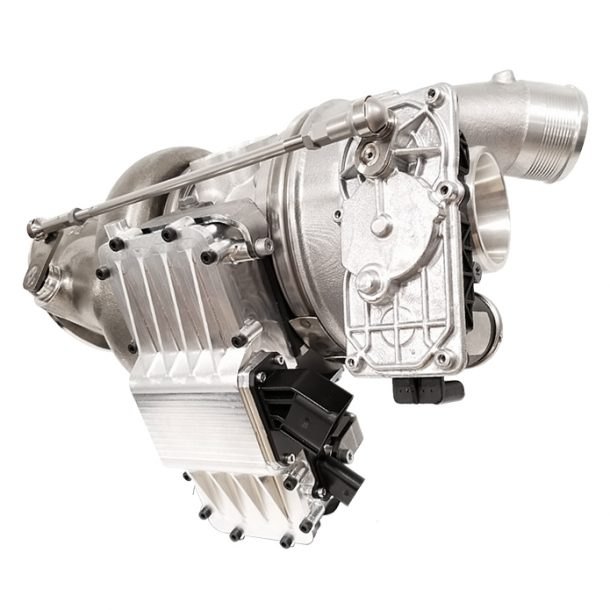
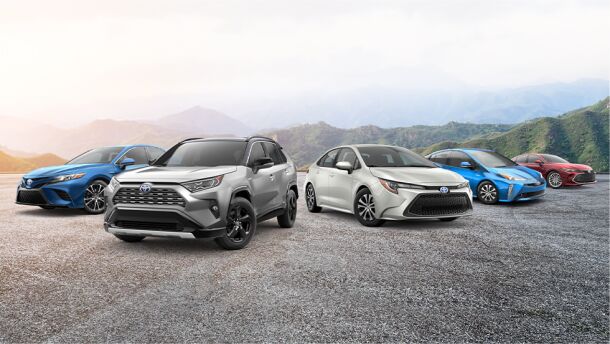


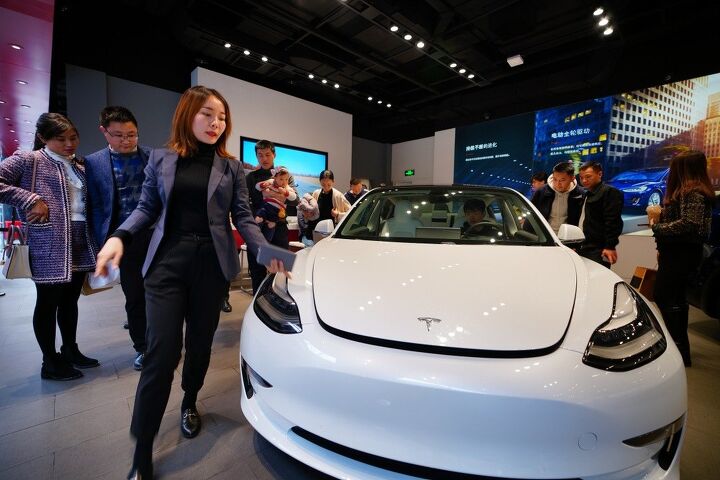


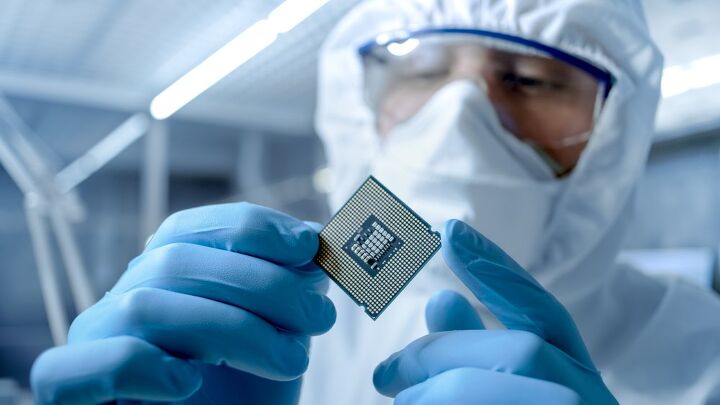
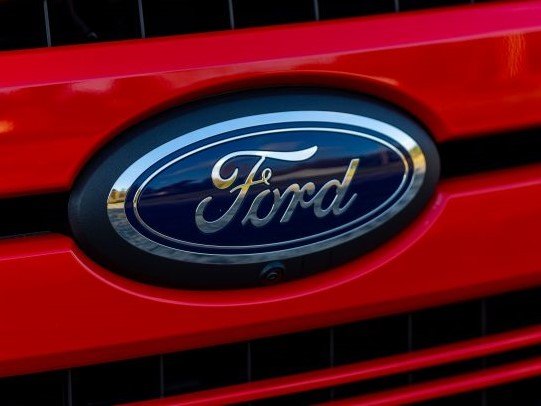
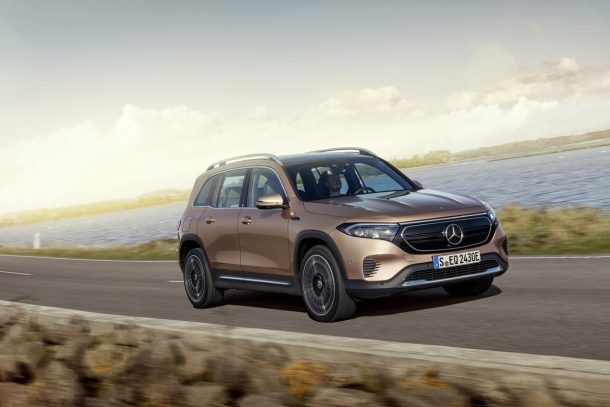

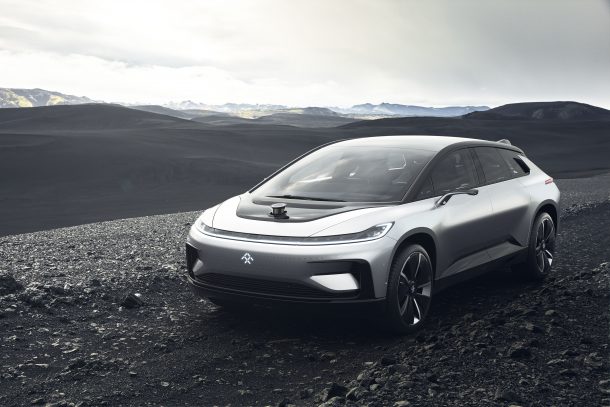
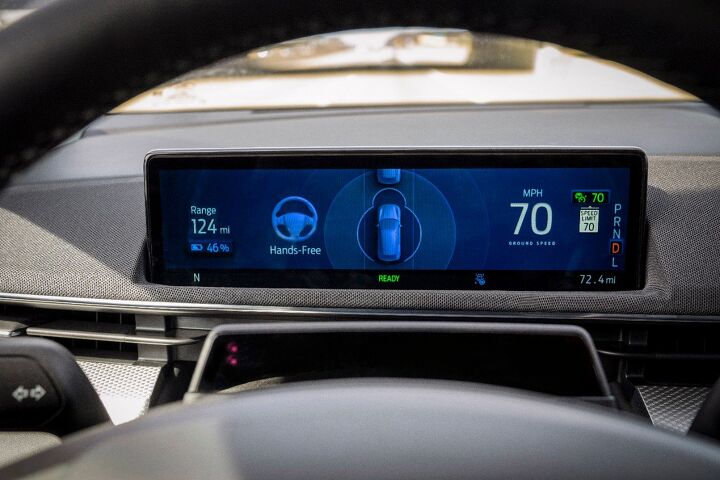

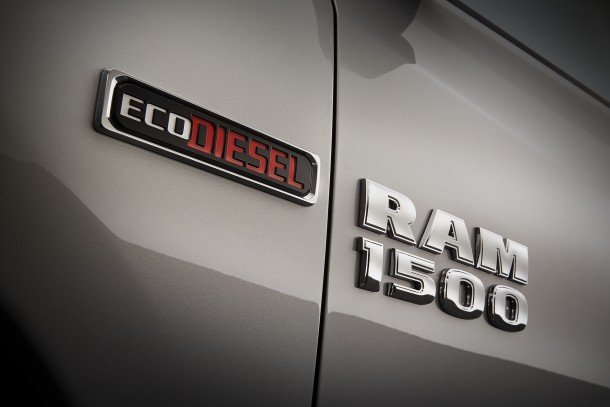

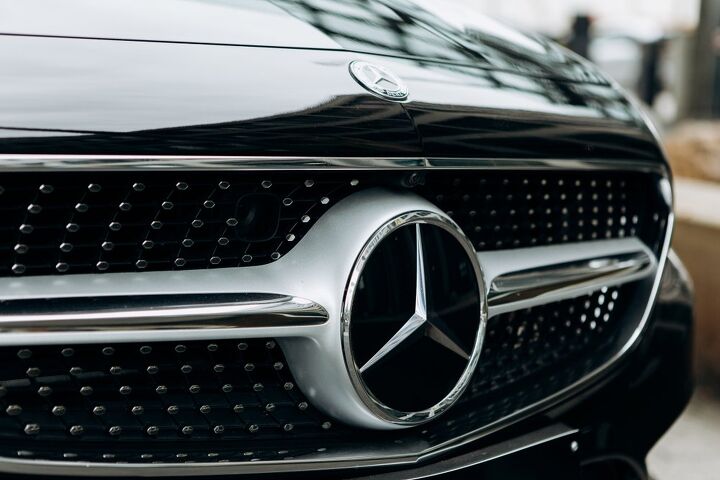

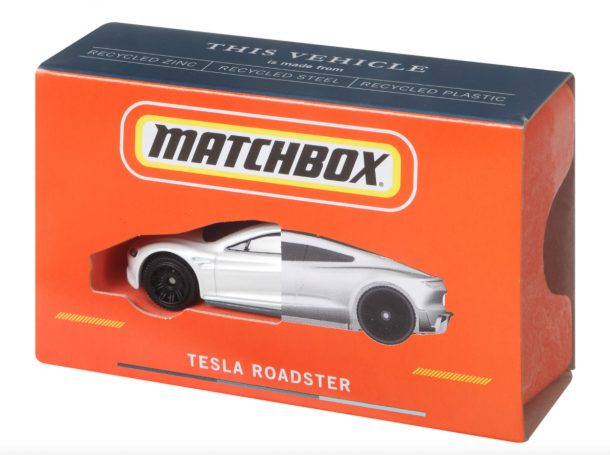
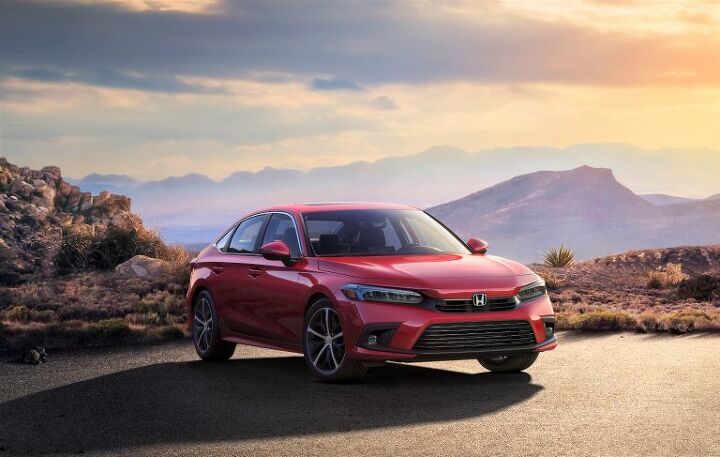

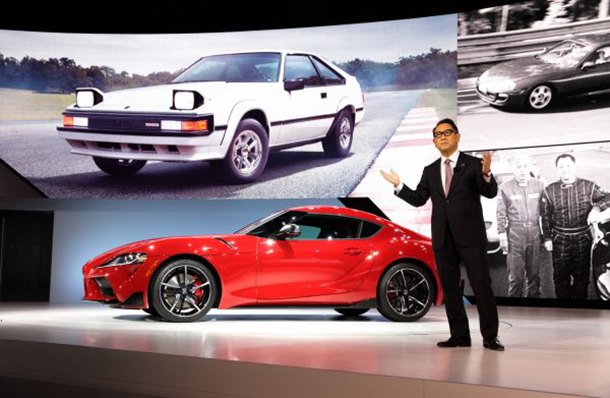
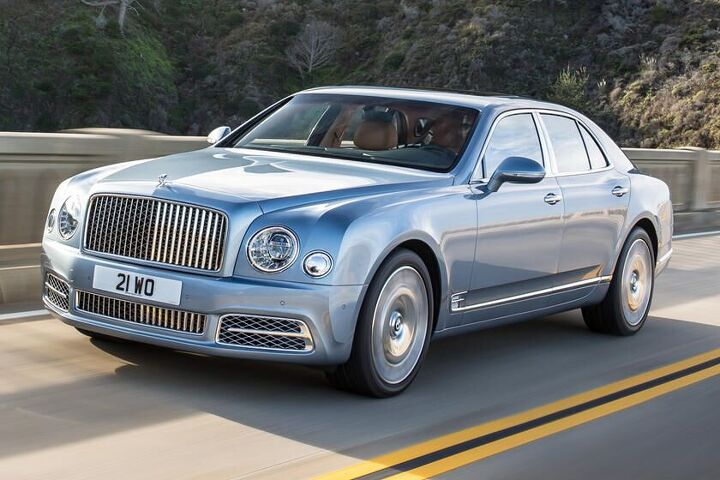
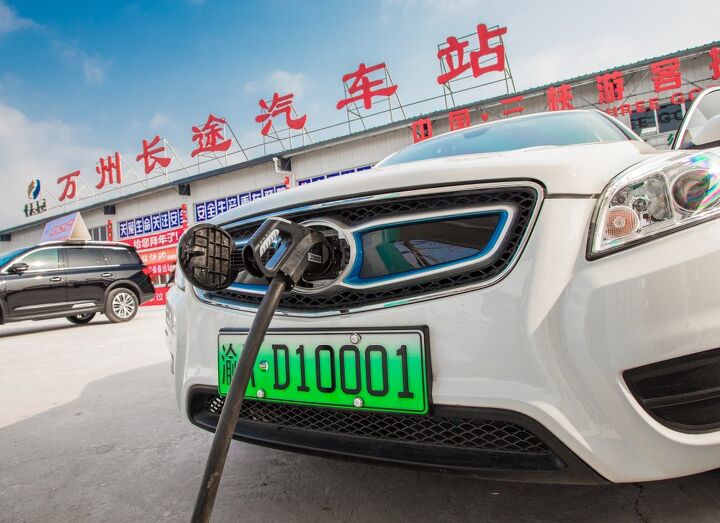

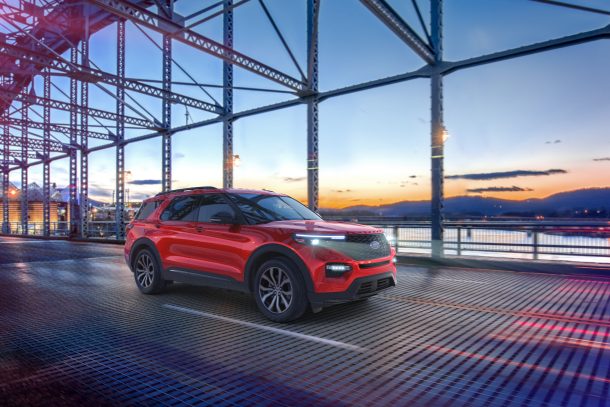

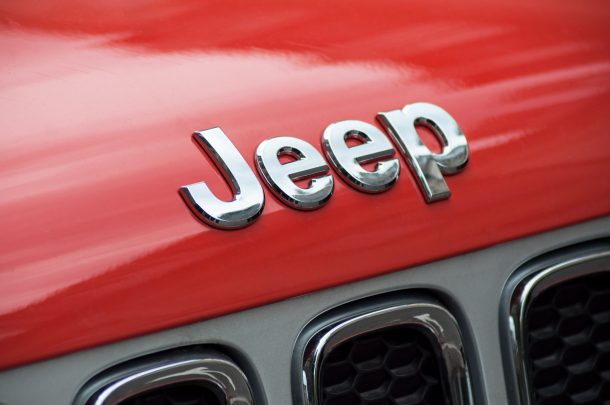
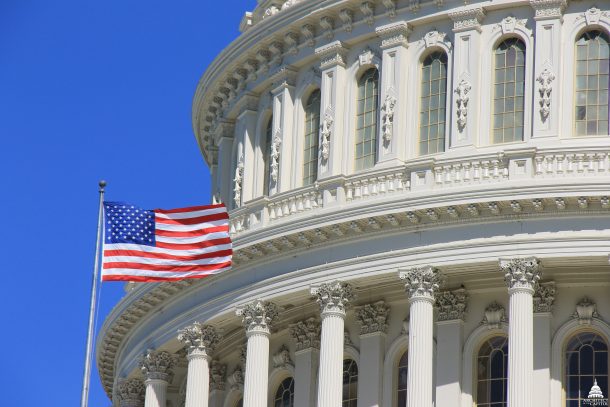
![There's Even More to the Voltswagen/Volkswagen Story [UPDATED]](https://cdn-fastly.thetruthaboutcars.com/media/2022/07/19/9147115/volkswagens-prank-play-presents-problems-updated.jpg?size=720x845&nocrop=1)













Recent Comments